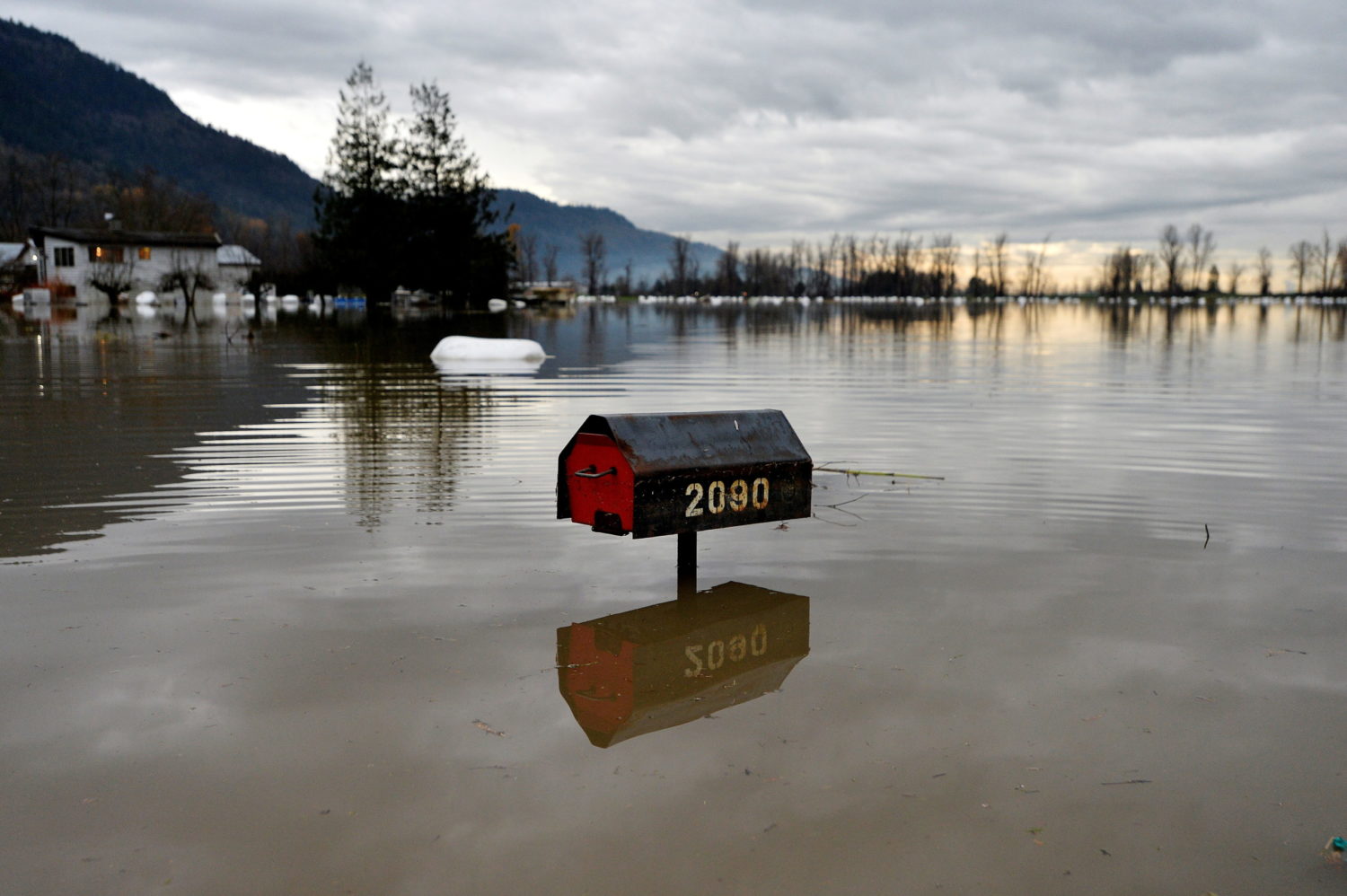
By Daphne Psaledakis and Simon Lewis
WASHINGTON (Reuters) -The United States on Thursday imposed restrictions on dealings in new issuances of Belarusian sovereign debt and expanded sanctions on the country, targeting dozens of individuals and entities in an action coordinated with partners including the EU.
Washington increased pressure on Belarusian President Alexander Lukashenko, targeting the country’s defense, security and potash sectors as well as officials and Lukashenko’s son in the move aimed at making Belarus accountable for allegedly orchestrating a migrant crisis in Europe.
The action was coordinated with Canada, Britain and the European Union. In a joint statement the group called on Lukashenko’s government to immediately and completely halt its orchestrating of irregular migration across its borders with the EU.
“Those, in Belarus or in third countries, who facilitate illegal crossing of the EU’s external borders should know this comes at a substantial cost,” the statement said.
The action came as East-West tensions have risen over the refugee crisis on the borders between Belarus, a Russian ally, and Poland and Lithuania.
The Belarusian Foreign Ministry said it would retaliate against the EU sanctions. In a statement, it said: “The goal of this policy is to economically strangle Belarus, to complicate and worsen the life of Belarusians.”
“As a response, as we have previously said, we will take harsh, asymmetrical but adequate measures.”
It did not immediately comment on the action from the United States, Canada or the United Kingdom.
The U.S. Treasury Department issued a directive restricting Americans from transacting in, provision of and other dealings in new Belarusian sovereign debt with a maturity greater than 90 days issued on or after Thursday by the country’s finance ministry or Development Bank.
POTASH SECTOR
Washington also imposed sanctions on Belarus’s state-owned tourism company, Republican Unitary Enterprise Tsentrkurort, and seven Belarusian government officials over the migrant crisis.
EU countries have accused Belarus of creating a migrant standoff nL1N2SM0RR on the bloc’s eastern borders by encouraging thousands from the Middle East and Africa to try to cross into Poland and Lithuania, in revenge for Western sanctions on Minsk.
Lukashenko denies doing so and pins the blame for the crisis on the EU.
Rights groups say at least 13 people have died as migrants have camped in freezing conditions at the border.
Entities related to the potash sector were also blacklisted on Thursday. Britain targeted one of the world’s largest potash fertilizer producers, Belaruskali, while Washington imposed sanctions on several entities in an effort to limit the financial benefits Lukashenko’s government derives from potash exports.
Washington had already blacklisted the state-run Belaruskali in August, but added its exporting arm, the Belarus Potash Company, and another potash producer, Slavkali. Shares of global potash producers rose on Thursday following the announcement.
The U.S. Treasury issued a general license, authorizing activities necessary for the wind-down of transactions involving the Belarusian Potash Company or its subsidiary, Agrorozkvit LLC, until April 1.
Belarus Potash Company did not immediately reply to a request for comment.
DEFENSE FIRMS
Washington also blacklisted state-owned cargo carrier Transaviaexport Airlines, which it accused of shipping thousands of tons of ammunition and weapons to foreign conflict zones such as Libya, and two of its aircraft, as well as five entities that produce or export defense materials.
The defense firms listed included the makers of riot control barriers and armored vehicles that were deployed against demonstrators protesting the August 2020 election, a surveillance system maker and the state weapons exporter that provides cash for the government.
Brian O’Toole, a former Treasury official now with the Atlantic Council, said Thursday’s move helped the United States catch up with previous European Union action while also leaving “significant” room for escalation, giving Washington leverage to continue to pressure Minsk.
“This is exactly what you want to see out of the U.S. It’s a big action, it will have lots of impact, and there’s still lots of head room,” he said.
(Reporting by Daphne Psaledakis, Simon Lewis and Tim Ahmann in Washington, Polina Devitt in Moscow; Robin Emmott in Brussels and David Ljunggren in Ottawa; Additional reporting by Natalia Zinets in Kyiv, Rod Nickel in Winnipeg and Gabrielle Tetrault-Farber in Moscow; Editing by Matthew Lewis, Emelia Sithole-Matarise and Frances Kerry)












